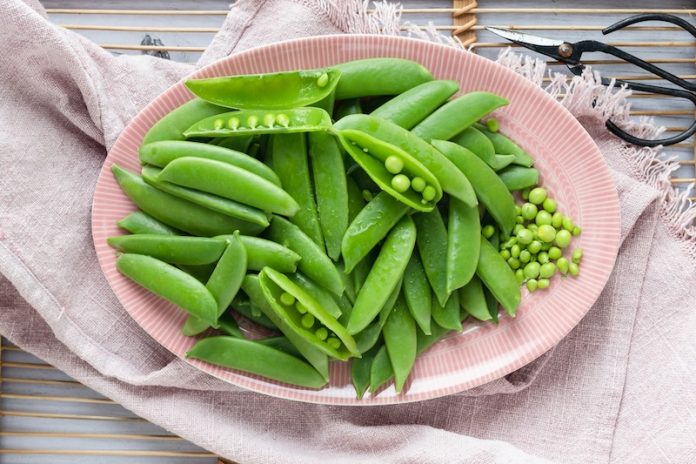
A new study has revealed that a special type of starch—called resistant starch—can significantly improve liver health in people with non-alcoholic fatty liver disease (NAFLD). This is a big step forward in the search for simple, affordable treatments for a condition that affects nearly one in three people worldwide.
NAFLD happens when too much fat builds up in the liver in people who don’t drink much alcohol. If left untreated, it can lead to more serious problems, including liver damage, type 2 diabetes, and heart disease. Since NAFLD has become so common, researchers are eager to find treatments that are easy to follow and accessible to people around the world.
The new study was led by Dr. Huating Li at Shanghai Sixth People’s Hospital and published in Cell Metabolism. It involved 200 patients with NAFLD. Half of the participants took a powder made from resistant starch, which came from maize (a type of corn).
The other half, the control group, took a regular corn starch that didn’t have the same properties. Both groups took 20 grams of starch mixed with water before meals, twice a day, for four months.
By the end of the study, the results were clear. The group that took the resistant starch showed nearly 40% lower levels of triglycerides (a type of fat) in their liver.
They also had lower levels of liver enzymes and inflammation markers, which are signs of liver damage. These improvements were still seen even when researchers adjusted for weight loss, meaning the starch itself likely played a key role—not just any changes in body weight.
But there’s more. The researchers also looked at the participants’ gut bacteria using stool samples. They found that the resistant starch changed the makeup of gut microbes.
In particular, it lowered the levels of a bacteria called Bacteroides stercoris, which is believed to affect how fat is processed in the liver. This finding suggests that improving gut health may help the liver, opening up new ways to treat NAFLD in the future.
Resistant starch is found naturally in some foods, such as green bananas, beans, lentils, and cooked-and-cooled rice or potatoes. Unlike regular starch, resistant starch passes through the small intestine without being digested. Instead, it ferments in the large intestine, where it feeds helpful gut bacteria.
Dr. Li explained that compared to intense exercise or strict weight-loss plans, adding resistant starch to a normal diet is much easier for most people to stick to. This makes it a promising option for everyday treatment, especially for those who struggle with more demanding lifestyle changes.
The researchers hope to explore further how resistant starch works and whether it could be used as part of a wider plan to manage NAFLD. They also want to study the role of gut bacteria more closely, as the link between gut health and liver disease becomes increasingly clear.
This study offers new hope for millions of people living with NAFLD. It shows that something as simple as a type of starch could help improve liver health, making it easier to manage the disease without drastic changes in lifestyle or expensive medications.
If you care about liver health, please read studies about simple habit that could give you a healthy liver, and common diabetes drug that may reverse liver inflammation.
For more information about health, please see recent studies about simple blood test that could detect your risk of fatty liver disease, and results showing this green diet may strongly lower non-alcoholic fatty liver disease.
Copyright © 2025 Knowridge Science Report. All rights reserved.



